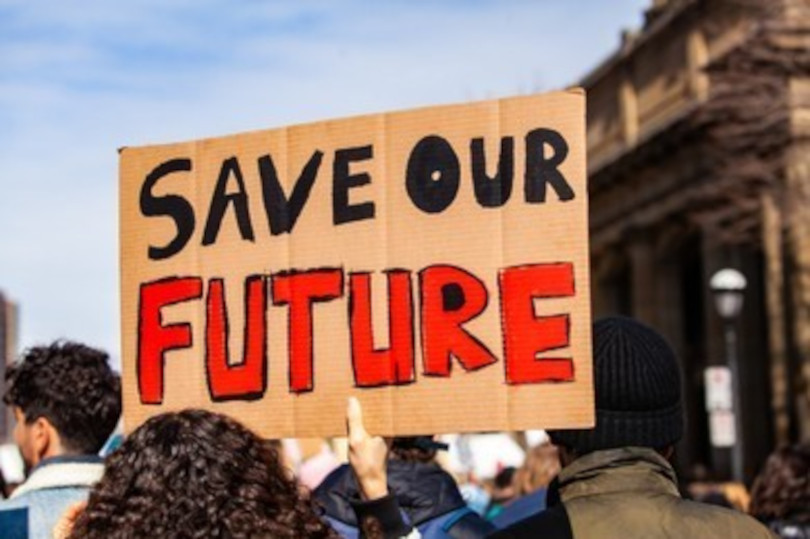Humans are incapacitated with unalienable emotions of love, happiness, contentment, and empathy, yet; it harbors seeds of hatred, cruelty, and bitterness. The current society we find ourselves in has experienced thousands of years of globalization through empires, dynasties, trade, and teachings. Along the line, our history books have narrated endless accounts of ethnic cleansing, brutal colonization, and wars.
With twenty-four thousand cascades of education, our world dwells in conflicts rooted in civil war, apartheid, and sectarianism to a devastated Middle East and Africa. As we all act as bystanders, Myanmar remains in civil war while Palestine is colonized by a vicious Zionist apartheid. Similarly, Mexico is infested by a drug war, and Africa and the Middle East are left in rubbles of illegitimate state actors fighting for control.
Past and Present
The George Washington University, a significant body of higher education in Washington, D.C., was founded at the hands of barbaric colonizers and slave owners. For forty years, prior to President Abraham Lincoln invoking the Emancipation Proclamation, people of color–black people–were held as enslaved people and servants at the feet of European colonizers in their academic processes. Where the words of Greek poets and ancient philosophers–along with the teachings of intricate politicians, mathematicians, scientists, and historians–are proclaimed, the notions of superiority held by a white man allowed the bigotry of racism and slavery to take place still.
Fast forward to modern times. The potion of Zionism consumed by many state actors continues to breed the justified dehumanization of the Palestinian people. Al Masjid Al Aqsa, the third most valued mosque in Islam and Islamic theology, remains under seizure with actions of demolition, ethnic cleansing, and imperial colonization. Yet normalization of such is encouraged and portrayed by nations that stand under the word and law of Islamic Shari’a.
Let alone as Islam and the Prophet Mohamed, may peace be upon his virtue, constituted the difference between white or black, poor and rich, king or slave, sectarianism stands as the source of civil war in the Middle East. As Baghdad was once one of the largest cities in the world and the most prominent cultural hub of Arab and Islamic civilization, it has found itself at civil war between the Shia and Sunni populations.
Long-Lasting Change
While education and communication can aid in addressing these issues, a concerted effort by people, communities, and governments is required to make the world more peaceful and fair. Recognizing historical injustices and imbalances that have fueled current conflicts is crucial, as is working diligently to make them right. This entails admitting past wrongs, making amends, encouraging diversity and inclusiveness, and strengthening oppressed groups. We can only affect long-lasting change if we collaborate to realize a shared vision of fairness and inclusion.
Under this doctrine, we must make those who have caused harm responsible. And we must nurture those harmed. Religious beliefs, education, and communication are avenues that transcribe compassion, empathy, resilience, and focus. Yet regardless of the quantity acknowledged by one, we all sustain a harm doctrine we are upheld to. To cause minimal pain, hurt, and suffering and to exert love, compassion, and openness. Hate causes conflict, and no factor of knowledge may change that.


